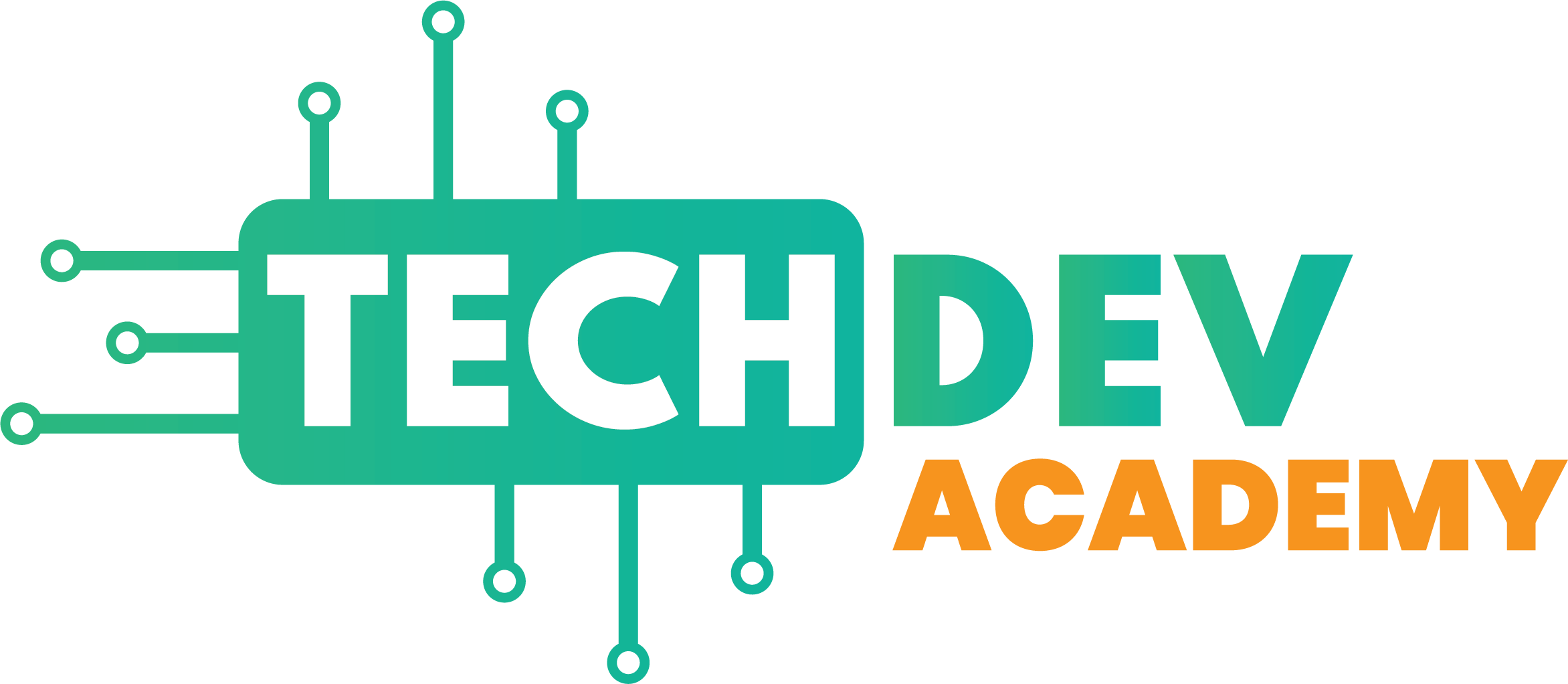 High school students require effective career guidance programs, recognizing this pivotal moment in their lives. These programs play a crucial role in providing assistance in selecting and pursuing their desired profession. We will explore further the significance of Career Guidance for High School Students.
High school students require effective career guidance programs, recognizing this pivotal moment in their lives. These programs play a crucial role in providing assistance in selecting and pursuing their desired profession. We will explore further the significance of Career Guidance for High School Students.
Unleashing Personal Interests and Strengths
Uncovering students’ natural abilities and aptitudes is crucial for planning their career successfully, so the following measures may prove invaluable:
Career Advice Helps People. Discover Who You Are
Career guidance for high school students involves employing various tools in order to assist individuals in understanding their strengths and interests. Questionnaires can often serve as effective instruments of guidance; using such tests allows individuals to discover any passions or talents they possess as well as areas for potential guidance that might interest them. Furthermore, personality tests are incredibly helpful during counseling sessions.
Personality tests and aptitude evaluations provide invaluable career guidance insight. Assessments offer insight into traits affecting careers while aptitude exams reveal natural talents and abilities.
Research Your Interests
Students interested in technology might look into software development, cyber security or digital art as possible career choices; those interested in justice might pursue public policy work or social work law as potential paths forward; taking your interests into consideration when planning career options will help students discover occupations which truly fulfill and engage them.
Taking Career Counselors Advice
Career counselors assist their student clients in exploring career options, setting goals and creating action plans. Furthermore, career counselors may offer assistance during job searches as well as advice for thriving at work.
When selecting a professional path, it is vital to reflect upon one’s interests and strengths in order to identify which jobs best align with one’s skill sets and objectives. Now Discover All Possible Career Paths!
High schoolers today may feel overwhelmed when making career decisions; therefore, having access to career counseling services is crucial in order to help them select occupations and careers that align with them. Furthermore, school counselors or career advisers may offer career exploration sessions designed specifically for high schoolers.
Career Guidance for High School Students Programs
Programs designed for career counseling aim to enlighten students on various occupations and industries, making the labor market less daunting for them. Students can explore areas like medicine, teaching and engineering through these programs as well as areas they had not considered such as entrepreneurship, e-commerce marketing or environmental sciences which may have otherwise gone untouched – opening doors to opportunities they might otherwise never have considered! Through such guidance and mentoring programs they may even discover job openings they wouldn’t otherwise consider!
Establish Academic Requirements
An essential aspect of career guidance for high school students is understanding which steps need to be taken in order to secure employment. A counselor can offer invaluable assistance here.
Your chosen career goal may require professional qualifications, degrees or postgraduate study for you to reach its potential. Universities provide invaluable guidance in such studies so students can more effectively map a path according to both their personal and career objectives and goals.
Explore Your Job and Salary Opportunities Now
Career counseling helps educate students on various employment opportunities available to them and their potential earnings; helping them identify which courses of action will provide the greatest chance for achieving employment and financial security in their future.
Career guidance for high school students can assist students in understanding the stability, progress, and financial rewards associated with different professions. With this information at their disposal, they will be better equipped to make more informed decisions based on their financial goals.
Exploration of Diverse Career Paths as Well
The option to explore well-known and fulfilling vocations such as those in for-profit businesses, the arts, or new industries like renewable energy development that may open doors they had not previously considered is provided by career counseling for students.
Career coaching offers students the chance to widen their horizons and explore industries they had not previously considered by using their talents in directions they had not previously considered.
Set Career Objectives Students can leverage career visioning as an effective strategy for setting professional aspirations and goals and meeting them successfully. Career guidance plays an essential role in helping reach desired results.
What Is the Importance of Setting Goals?
Setting realistic and obtainable career objectives can provide individuals with motivation for meeting them, creating a sense of purpose that keeps their focus and devotion high. Long-term career goals also serve as helpful guides against which decisions should be evaluated for suitability against long-term plans.
Students seeking career counseling have the chance to discover their individual strengths, interests, and career options while setting practical professional goals that can guide their paths to fulfillment. Students should set SMART (Specific Measurable Attainable Relevant Time-bound) goals which serve as guides towards realizing desired paths.
Consult a Career Counselor
Advisors bring their expertise in career planning by helping students turn their goals into tangible objectives. Through dialogues focused on evaluating feasibility and outlining steps required to meet them, advisors assist students in setting realistic timelines to meet them by taking factors such as education duration, internship opportunities and potential entry-level jobs into account.
Once career goals are defined, creating an action plan is the next step towards reaching them. An action plan identifies necessary skills such as educational paths to follow and potential obstacles which may stand in your way; but also allows individuals to develop plans to overcome any hurdles along their journey.
Career advisors assist students in devising plans that meet their career objectives through advice and resources provided. This helps create the groundwork necessary for reaching their desired profession.
Prepare for Success in the Job Market
Students need a clear view of their field’s job market in order to be successful when searching for entry-level work; this is particularly helpful for those pursuing their first entry-level role. Below are several techniques which may assist them.
Students looking to enter the workforce should possess an in-depth knowledge of its dynamics. Staying current on employment trends and industry projections is vital; career advisors provide this data, while students should become acquainted with their chosen fields’ labor markets and realities.
Cover Letters and Resumes – How Can They Help?
Career advisors specialize in guiding their students in creating resumes and cover letters that make an impressionful application, with tailored sessions on format, content, adaptation for individual applications and more. Career advisors increase students’ chances of impressing employers by producing exceptional documents which stand out.
Career advisors provide students with guidance in interview techniques, helping them formulate successful interview strategies. Counselors play an instrumental role in providing strategies for answering interview questions and nonverbal communication; attire options; techniques to ease nervousness during an interview and immediate feedback after each encounter for future confidence-building interviews.
Strengthen Your Networking Skills
Networking has proven an essential method of finding employment today, and students can benefit tremendously by understanding its importance to career guidance. By developing connections on LinkedIn alliances or attending networking events or conducting informational interviews – students learn to form lasting alliances within their field that can form long-term bonds that result in long-term bonds being formed over time.
Now Is The Time To Build Transferable Skills
Employers now place great value on skills outside of job experience when considering potential employees for employment, such as being able to collaborate in teams effectively, manage one’s time efficiently, communicate well, and resolve problems successfully. Students participating in career guidance programs learn to recognize these traits within themselves and enhance them further to increase employability and flexibility.
Final Thoughts
Students need guidance at school in order to achieve professional success, as career guidance allows them to identify their interests, explore various professions and prepare themselves for entering the work market. Collaborating closely with career counselors allows students to set realistic goals while developing professional-grade skill sets necessary for professional environments.
